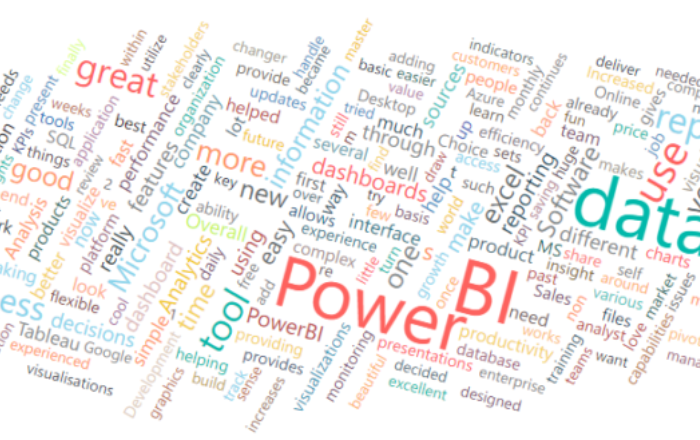
Continuous knowledge development

Knowledge consultants
We are consultants in project controls.
Companies rely on consultants for two distinct reasons: because they need people or because they need knowledge. Proove is the second type of consultant; the kind who wants to add knowledge. We are driven by intellectual challenge far more than by financial gains.
Be smarter
That is one of our six strategic goals. In fact it can be split in two distinct parts. The first is about individual development and ensures that our consultants are fully trained to deliver services following our quality standards. The second is about our collective knowledge. This part ensures that we become smarter as a company. This article focuses on the latter.
Collective knowledge development is a continuous process. To remain as successful as today, we need to invest a lot of time, budget and resources to make our consultants smarter and smarter. We embrace innovation and new technologies and are always looking for ways to be smarter.

Slot machines
As consultants, we have two different slot machines that we can play on.
- Machine A are our client projects. We are doing them confidently and they give us a well-known return.
- Machine B are our knowledge development investments. It cost a lot to play on this machine and the returns are long-term and uncertain.
All good intentions aside, most consultants have a tendency to play on the accessible Machine A. This is not necessarily a bad thing as it means that they are very client-oriented and willing to the extra mile to deliver the requested.
As a knowledge company, however, machine B cannot be overlooked. It is this machine that makes us smarter.
Internal knowledge system
At Proove, we have an internal knowledge system. We assign 10% of our operational hours to our knowledge development (i.e. machine B). We have a workflow in our ERP system (Odoo) where consultants can submit business cases to request time for knowledge groups and internal projects that are aligned to our strategy. Our entire team can vote on these business cases and after approval, some consultants can (or even have to) work on them.
Our knowledge dashboard takes data out of Odoo (including timesheet data) to monitor our investments. The most important trend we try to monitor is surprisingly not whether we are within budget for the investments, but rather whether we give enough priority to these knowledge projects. Do we spend enough time on machine B?



